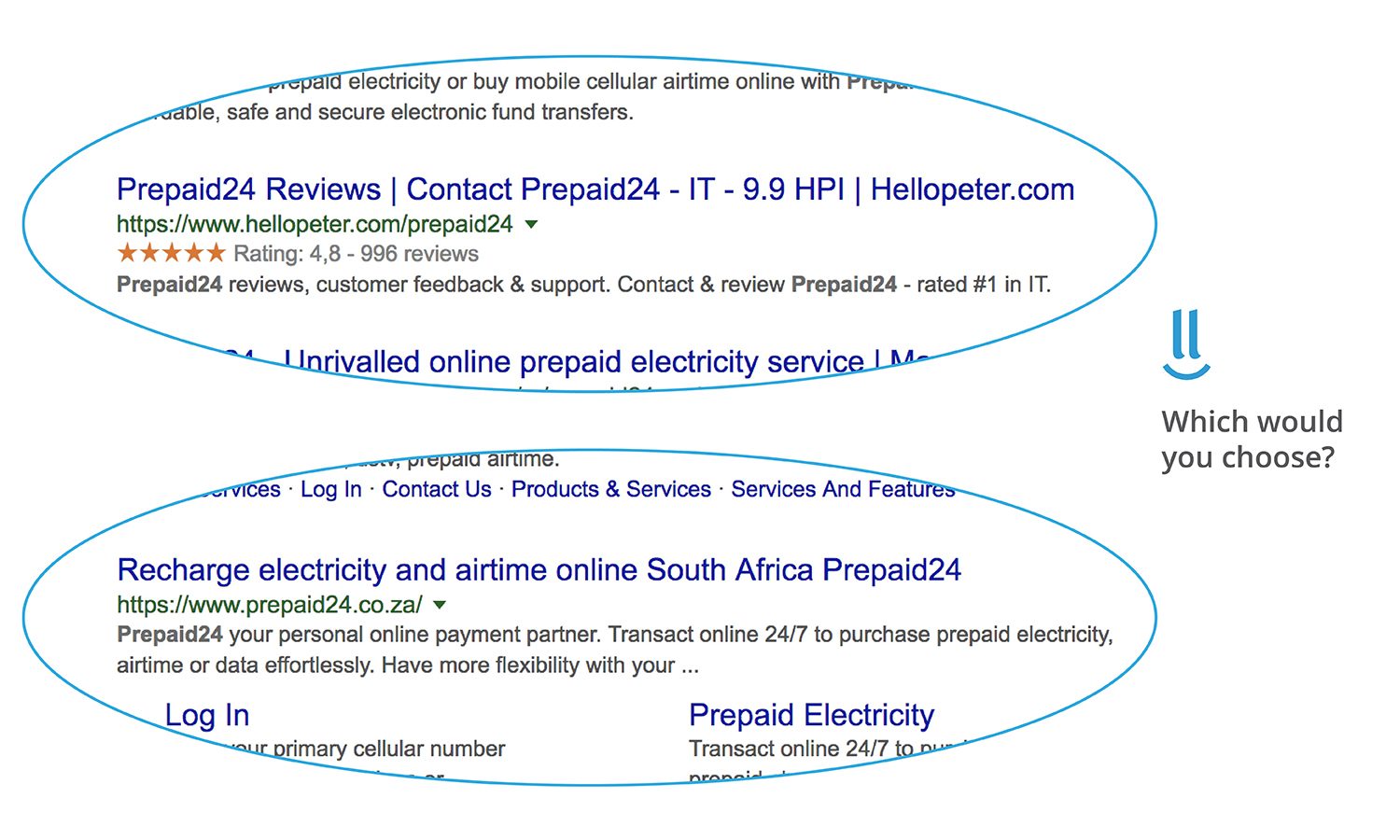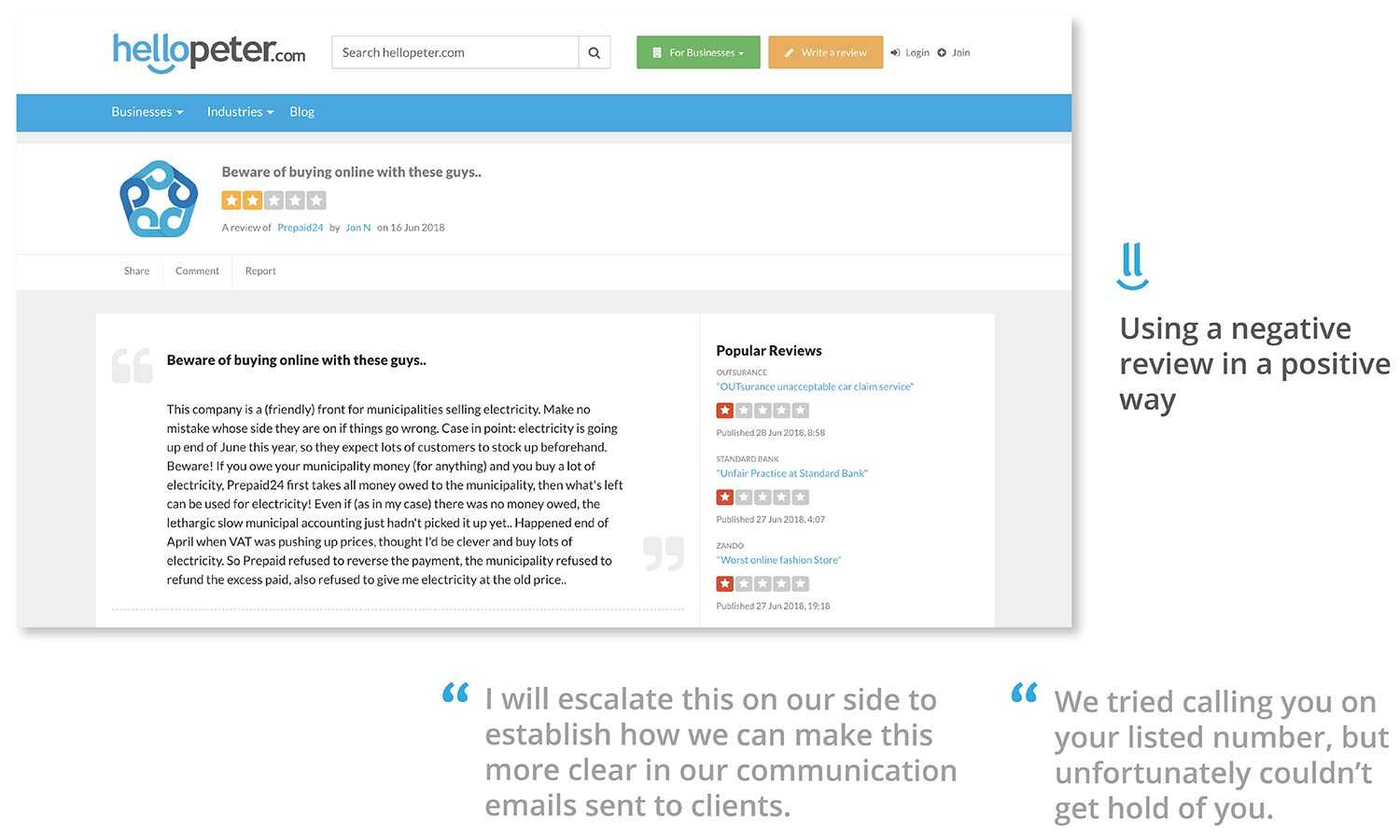Potential consumers want a quick and easy way of gauging who you are as a business, and online reviews are their preferred means of doing so.
Their aim? To establish whether your brand is credible, transparent and ultimately, trustworthy. 88% of consumers read online reviews in order to determine the quality of a local business, reports Search Engine Land. Today’s shoppers want to hear from past consumers, as opposed to businesses, in order to get an honest idea of a business, from people just like them.
In order to make sure your online reviews are working as hard as they could be, it’s necessary to put yourself in the consumer’s shoes to understand what they want to gain from reading online reviews about your business.
The better you understand the psychology behind the way shoppers engage with online reviews, the better you’re able to cater to their needs.
Potential shoppers browse online reviews in an attempt to answer the following questions:
What do other people think of this business?
Potential consumers want to know what past consumers think of your business. If they google your brand and see there are only a handful of reviews – or worse yet – none, the chances they’ll become a consumer are slim. They’ll most likely move onto a business that has reviews.
However, if they see that your business has a body of online reviews, and that shoppers just like them bought your goods or services, they’ll be reassured that your business is legitimate.

What’s the whole story here?
When looking for a service provider for ‘big ticket’ purchases, like a plumbing job, home renovation or other specialised services, potential consumers will embark on in-depth research mission of your business.
They’ll dig a little deeper by reading your consumer reviews in detail, in order to suss out your strengths and weaknesses. This is to make sure there aren’t any hidden red flags they need to be aware of before they spend their time and money with your business.
How does this business handle hiccups?
Everybody makes mistakes every now and then, and potential consumers want to find out how your business handles complaints or queries. They want to know whether you’re quick to respond to complaints, and whether or not you go out of your way to assist or appease dissatisfied consumers.
They’ll focus on negative reviews to see how your business deals with unhappy clients. They’ll look for instances that help them to understand how your business handles bumps in the road.
Do you offer a discount when something goes wrong, or do you sweep it under the rug? Are you ignoring the complaint completely, or do you handle it professionally? Do you reply two weeks later, or resolve the issue as soon as possible?

Let’s say you’re looking for a plumber to fix your geyser. When researching your options, you see that one business has a negative review about their landline not working, but resolved the issue quickly and professionally.
While another business has a similar negative review that’s been ignored completely. Which business are you more likely to choose: the plumber who acknowledged and resolved the issue, or the one who ignored negative feedback completely? (We’re betting you’d choose the plumber who resolved the issue.)
Shoppers want to know you’ll do everything in your power to ensure their experiences are great ones, and you’re able to handle unavoidable bumps in the road quickly and effectively.
How do they respond to complaints and issues?
In the mind of the consumer, ignoring a negative review is enough to turn them off your business completely. Potential consumers want to know that if something with your product or service should go awry, you’ll be on hand to sort it out quickly and efficiently.
Businesses who respond quickly – ideally, within 24 hours – demonstrate they care about their consumers’ feedback, and importantly, are willing to rectify any experience that’s less than satisfactory. Sup-par reviews, when dealt with efficiently and courteously, can actually help to boost consumer trust in your business, as they demonstrate your business goes out of its way to ensure that the consumer experience is a pleasant one.
Are these reviews legitimate?
Fake news, bots and spam mean consumers are warier than ever. Potential consumers want to know the online reviews of your business are authentic posts from prior consumers. The best way to suppress these fears of fake news is by using a reputable online review platform that displays the history of your reviews.
A collection of legitimate reviews, both positive and negative, show shoppers that your business isn’t a scam, and that people just like them have bought your products or services.
Accept that negative reviews do creep in, and aren’t such a big deal in the bigger scheme of your business. As long as you make them work for you, even negative reviews can be positives.
Reviews on Hellopeter have helped over one million consumers make better choices. Had an experience you’d like to tell us about? Leave us a review here.

















.png)





